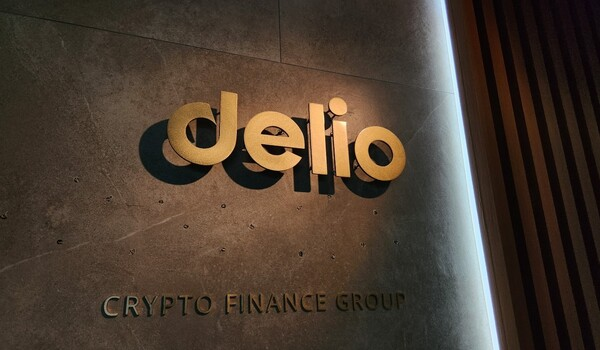A recent development in the ongoing saga of Delio, a once-prominent South Korean crypto-lending platform, has seen the Suwon Rehabilitation Court’s 5th Division reject a second corporate rehabilitation application. This decision follows a similar dismissal by the Seoul Rehabilitation Court back in April 2024, marking another setback for Delio in its attempts to recover from financial turmoil.
Delio’s troubles began when it abruptly halted withdrawals in June 2023, triggering a chain of events that led to the company’s downfall. CEO Jeong Sang-ho was subsequently indicted for allegedly embezzling approximately 250 billion won (around $180 million) in virtual assets from customers, further exacerbating the company’s precarious financial situation.
The court’s decision to reject the rehabilitation petition was based on Article 42, Paragraph 3 of the Debtor Rehabilitation Act, which stipulates that a company must demonstrate the ability to generate operating profits and that the restructuring process must serve the general interests of its creditors. In this case, the court deemed that Delio’s rehabilitation would not benefit its creditors, leading to the dismissal of the petition.
Despite efforts by other creditors to file a new rehabilitation petition in late February, the court’s latest ruling has solidified Delio’s path towards bankruptcy proceedings. As creditors and prosecutors continue to investigate the aftermath of the company’s collapse, the future looks uncertain for Delio and its stakeholders.
Meanwhile, tensions among defrauded investors have reached a boiling point, with reports emerging of a South Korean investor being fined for assaulting CEO Jeong Sang-ho out of frustration and desperation. The investor, who had entrusted significant assets to Delio, resorted to drastic measures after receiving no responses regarding fund recovery, highlighting the growing anger and helplessness felt by victims of the platform’s mismanagement.
These incidents underscore the challenges faced by South Korea’s courts and regulators as they navigate the fallout from Delio’s collapse and seek to protect investors while maintaining order in the volatile crypto landscape. Legal experts warn that such violent outbursts are symptomatic of deeper issues of trust and transparency within the sector, signaling a need for greater regulatory oversight and investor protection.
At the heart of Delio’s downfall lies a complex web of legal, financial, and regulatory controversies. CEO Jeong Sang-ho’s denial of promises of principal protection for investor deposits during a criminal trial in June 2024 clashed with creditors’ claims of fraudulent assurances. The court heard arguments from both sides, with prosecutors alleging a breach of fiduciary duty by offering guaranteed returns, while Jeong’s legal team maintained that any guarantees applied only in specific circumstances.
Amid mounting legal pressure, Delio had previously announced plans to create a new entity to absorb its debt and distance itself from the scandal. However, with the courts now firmly rejecting rehabilitation efforts, the prospects of financial recovery through structural tactics appear slim.
As Jeong’s next trial date approaches, the prosecution is under pressure to provide detailed evidence to support the embezzlement charges and search and seizure operations against Delio. The unfolding legal drama, allegations of embezzlement, and the collapse of Delio paint a grim picture of the challenges facing South Korea’s crypto sector, highlighting the need for greater accountability and transparency in the industry.
In conclusion, the latest rejection of Delio’s rehabilitation petition underscores the deep-rooted issues plaguing the company and the broader crypto landscape in South Korea. As stakeholders grapple with the fallout from Delio’s collapse, the road to recovery remains uncertain, with legal battles, regulatory scrutiny, and investor unrest continuing to shape the future of the troubled platform.

